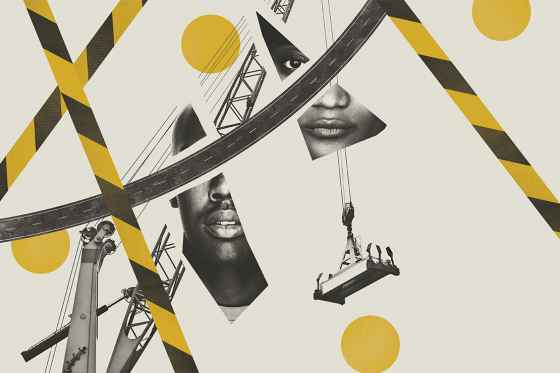Signing Off From www.mclu.org
An irony: although one of the ACLU’s most fundamental values is to defend the right of Americans to associate freely without being treated with suspicion by the government for any particular association one may have, those who work for or support the ACLU are sometimes treated with such suspicion, intrigue, and sometimes hostility. I am reminded of a scene from “The American President” where Michael Douglas affirms his association as a card-carrying member of the ACLU, indicated as a liability by his opponent for President, and proclaims: “For the record: yes, I am a card-carrying member of the ACLU. But the more important question is why aren't you, Bob?
After all, the ACLU is a completely non-partisan organization with the sole mission of protecting the Bill of Rights. History lovers will recall that the Bill of Rights was seen as a non-negotiable addition to the United States Constitution. Without the Bill of Rights, many delegates to the Constitutional Convention would have refused to sign on to ratify our Constitution. The Bill of Rights is an inextricable component to the Founding of our country.
This is my last blog for mclu.org, and next week I will begin working at another organization to defend reproductive freedom. I don’t know precisely where my career will take me, but inevitably, I will be asked to elaborate on my employment at the ACLU by peers, friends and coworkers. This is an association that I am proud of. The “ACLU Chromosome”, invoked as often by icons of talk radio as by United States Senators and Representatives, may be more satisfying to yell out than to inquire about, but it certainly doesn’t do justice to the nuance that the ACLU Chromosome involves.
The ACLU is a free speech organization. Given the breadth of issues and rights that the ACLU defends and advocates for, there is bound to be some instance of disagreement with some issue by some ACLU employee. And that’s okay. As we say, “dissent is patriotic”, and we mean it.
One of my favorite moments while working for the MCLU was when the staff went out for holiday refreshments the week before Christmas. We spent about an hour discussing our own religious beliefs, experiences, and values, which are deep and diverse. It was during this week that the annual “Christmas Card Campaign” to ACLU offices was underway, and I thought to myself, if these letter writers only knew the conversation this Maine affiliate of 7 employees were having the week before Christmas.
I mention this because in a country that values dialogue and dissent that survives in a world where free speech and a free press are often oppressed and disdained, we should talk about the myth of the “ACLU Chromosome” rather than use it to dismiss a fellow citizen’s opinion. We should talk about ideas and facts, and confront chain emails and hateful calls rather than allow ourselves to be defined by assumptions. I’ve appreciated every opportunity I’ve had to speak to someone has called or emailed our office with a reservation about one of our stances. Those conversations don’t necessarily end with agreement, but they do contain civility. If you call the MCLU, we will value the opportunity to talk to you about the issues we advocate for.
That is not to say the “ACLU Chromosome” doesn’t indicate a certain set of convictions. It refers to the belief that democracy survives and is served best when all citizens can participate equally and freely in government and the public square, where an invasion of an individual’s privacy is never justifiable, that the government has no business regulating political speech, medical choices or religious expression. Fundamentally, I believe the ACLU Chromosome is invaluably optimistic. We do what we do “because freedom can’t protect itself”. Within those words is an optimism that we the people have both the responsibility and the competency to protect our freedom.
Democracies are often faced with very morally complicated choices. Does a neo-Nazi organization have the right to march peaceably? Is there a difference between money and speech in politics? What are the parameters for religious expression in the public square? How do we implement national security policies without infringing on Americans’ privacy rights? The ACLU has taken on every one of these questions, and it does so with the belief that there is a balance to be struck within our laws. That reflects not only optimism, but bravery.
In my one year at the MCLU, we have fought for marriage equality, the privacy rights of medical marijuana users not to register with the state, the right of inmates to be free from cruel and unusual punishment in solitary confinement, fought against the implementation of automatic license plate readers and it’s accompanying database, advocated for bringing an end to racial profiling through federal legislation, fought for protections for LGBT students in public schools to be free from harassment and discrimination, and fielded hundreds of calls and letters from Maine citizens concerned that their rights are being violated.
If there is an ACLU chromosome, it is best defined by this advocacy. Our efforts are not always successful, but we never stop trying. We are optimistic that future efforts will prevail, because these are fights that we cannot afford to stop fighting.

